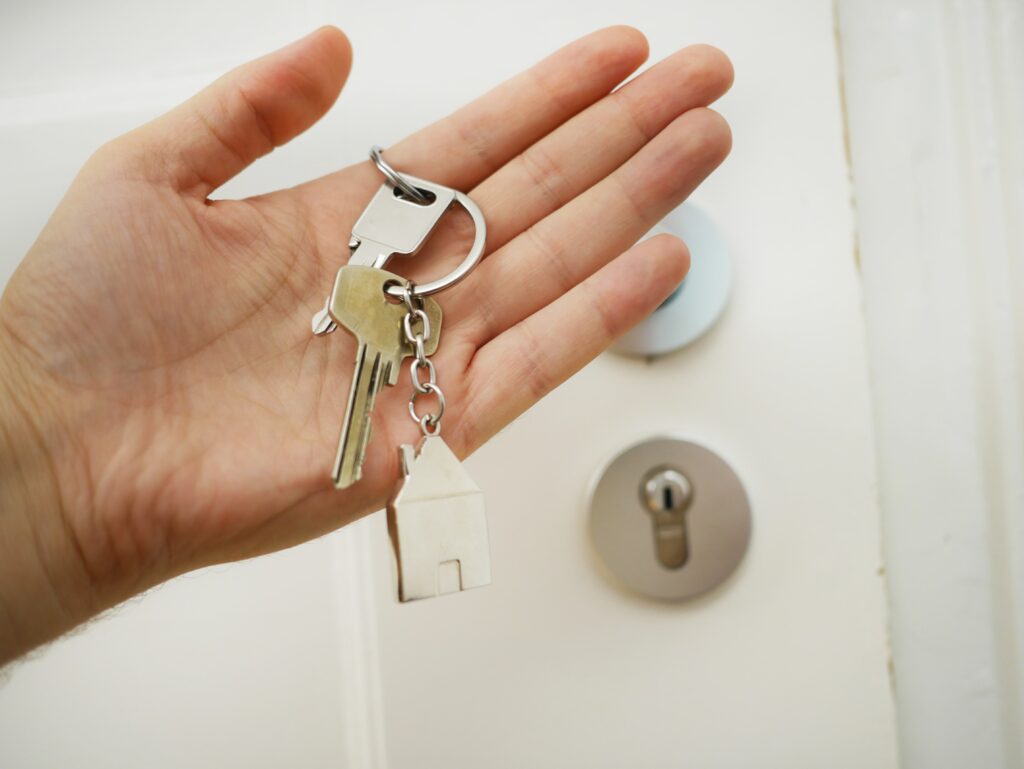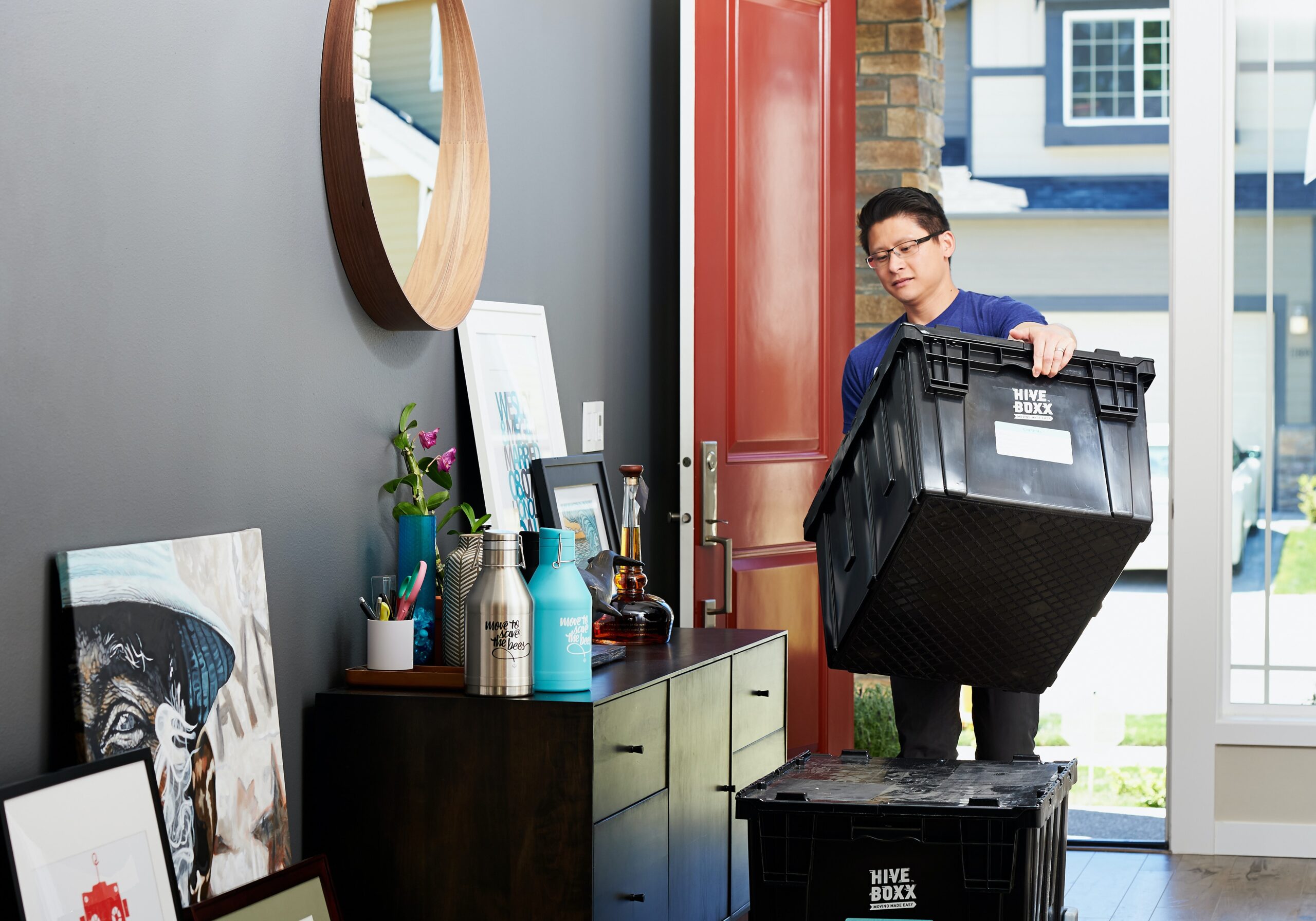As a first home buyer, you may be entitled to financial incentives that could make it easier to buy your first house.
In Australia, federal and state governments offer several programs to support first-time home buyers. This helps young people break into the property market, often purchasing a home sooner than would otherwise be possible.
By making the most of grants and other incentive offers alongside the help of mortgage brokers or financial advisors, you can get a headstart in your journey to home ownership. This can help you make smart decisions about how to spend your money and reach your long-term real estate goals.
Unsure of what incentives are currently available for first-time home buyers in your state or territory? Here’s what you need to know.

What are the perks of being a first home buyer?
While breaking into the real estate market can be a challenge for newcomers, there are many advantages to being a first home buyer!
If you’ve never owned property before, you may meet the eligibility criteria for a range of grants and fee exemptions. This can lower your total home-buying fees, providing you with a more budget-friendly way to buy.
A home owner’s grant won’t pay for a home you can’t afford, but it can help you benefit from concession fees and financial assistance, bringing the purchase price of your new home back into your budget.
First home buyers grants & schemes
There are several first home buyers grants and schemes that you should be aware of. By learning what these schemes are and whether you’re eligible, you can ensure that you get the best possible value for your money on your home purchase.
First Home Owner Grant
One of the schemes you could benefit from is the first home owner grant (FHOG). This is a government initiative designed to help new home buyers cover the cost of purchasing a first home. This grant can be used to cover established homes or vacant blocks if you plan to build a residential property.
First Home Buyers Assistance Scheme
The second scheme that could support your home-buying goals is the first home buyers assistance scheme. This scheme provides stamp duty exemption and transfer duty concession rates to reduce the fees you need to pay when buying a new house.
First Home Owner Grant
The first home owner grant (FHOG) is a tax-free lump-sum payment supporting eligible first home buyers to build a new home or buy an established property.
How much you can spend
The total amount of money provided by the first home owner grant varies depending on the state you live in. Similarly, property restrictions vary based on your location.
In some states, the first home owner grant is available to cover $10,000 or $15,000 of expenses for a property valued less than $600,000 or $750,000.
Eligibility criteria
Eligibility requirements for this grant will vary depending on the regulations set by your state or territory government. However, there are some general rules that apply across Australia.
To be eligible for the first home owner grant, at least one applicant will need to be an Australian citizen or permanent resident over the age of 18. You must not have previously owned a home in Australia or received the grant.
The first home owners grant also requires your home to be your principal place of residence for at least 6 months after you purchase it. This means that you cannot use the grant to cover the purchase of an investment property.
How to apply
If you meet this criteria, you can apply for the first home owner grant to cover the purchase of vacant land or an established home.
In order to apply, you can speak to your mortgage broker and lodge an application at the same time as you apply for a home loan. Alternatively, you can apply directly the state government body responsible for managing the first home owner grant (FHOG) in your region.

First Home Buyer Assistance Scheme
The first home buyer assistance scheme is another valuable financial incentive designed to help you get into a home of your own. This scheme provides home buyer duty exemption and concession fees to reduce costs associated with your purchase.
How much you can get
Depending on your location, you can use the first home buyer assistance scheme to avoid paying stamp duty and transfer duty on your first home, whether you’re purchasing vacant land or an existing home.
In many states, the land transfer and stamp duty concession you’ll receive will vary depending on your property value and other financial information, so it’s important to investigate the regulations and systems available in your location.
Eligibility criteria
Eligibility requirements for this grant vary depending on state and territory government regulations, but there are some common features that apply nationwide.
To be eligible for the first home buyer assistance scheme, at least one buyer must be an Australian citizen or permanent resident over the age of 18, and you must be purchasing your first home in Australia.
This grant scheme usually requires your new home to be your principal place of residence for a continuous period of at least 6 months within 12 months of your purchase. This restricts use of the scheme to support investment properties.
How to apply
If you meet the criteria for this grant, you can apply for the scheme to receive a full or partial concession on stamp and transfer duty.
Your mortgage broker can help you apply for this scheme as part of your home loan approval process. Alternatively, you can engage directly with the regulatory body, such as the state revenue office, for the grant scheme in your state or territory.
Variation across Australian states and territories
Depending on where you live in Australia, you may be subject to different eligibility requirements when applying for a home owners grant or assistance scheme. Here’s how regulations differ across the country.
New South Wales (NSW)
In New South Wales, the first home buyers grant is available to a maximum amount of $10,000. The grant can be used for a new property valued below $600,000 or a new build below the value of $750,000.
Under the first home buyer assistance scheme, you won’t have to pay stamp duty for any property under $650,000 in value. For properties valued more than this, you may receive a partial exemption.
The scheme also provides transfer duty exemption for land purchases up to $350,000 or a transfer duty concession for land purchases between $350,000 and $400,000.

Australian Capital Territory (ACT)
In the ACT, the first home owners grant has been replaced by the home buyer concession scheme. This scheme offers stamp duty exemption and concession pathways for eligible home owners.
Buyers earning under a certain income threshold who have not owned another property in the past two years are eligible for this scheme. The scheme may eliminate or greatly reduce stamp duty costs.
Eligibility for this scheme requires that you live in your property for at least a year after you purchase it.
Victoria (VIC)
In Victoria, the first home buyer grant offers a maximum amount of $10,000. This grant is available for a newly built residence valued up to $750,000.
If your new home will be your principal place of residence, further concessions are available. These may include a stamp duty exemption and concessional transfer duty rate.
Additional concessions are available for pensioners, off-the-plan buyers, and first home owners with a family.
Queensland (QLD)
In Queensland, the first home owner grant offers up to $15,000. The grant is available to support the purchase or construction of a new house, unit, or townhouse valued below $750,000.
In order to remain eligible for the first home owner grant, you will need to live in your property for 6 months or longer after purchasing it.
In Queensland, you may also be eligible for transfer and stamp duty concessions, depending on your income and the value of your new home.
South Australia (SA)
In South Australia, the first home owners grant is available to a maximum of $15,000. The grant is applicable for the construction or purchase of a new property that has not previously been lived in.
For South Australian home buyers, this grant is valid for homes valued below $575,000 after building is complete. The grant is tailored specifically to residential properties.
As a first home buyer, you may also be eligible to receive certain concessions on purchase-associated fees, such as land transfer rates and stamp duty.

Western Australia (WA)
In Western Australia, the first home owners grant provides new buyers with a maximum of $10,000. This grant can be used to help you buy or build a new home. Alternatively, the grant can apply to a substantially renovated home.
For buyers south of the Swan River, the first home buyer grant is applicable to new properties valued below $750,000. For buyers north of the river, the grant can support a purchase up to $1,000,000.
For buyers purchasing an established home, the first home owners grant does not apply. However, these buyers may be eligible for the first home owner rate of duty.
Northern Territory (TAS)
In the Northern Territory, the first home owner grant offers a maximum value of $10,000 and must be used for the purchase of a new property that has not previously been lived in.
This grant is available for a range of property values and can be used alongside additional incentive schemes, which may provide transfer duty and stamp duty concessions.
Tasmania (TAS)
In Tasmania, the first home owner grant provides a maximum amount of $30,000. This payment supports first-time buyers to build or purchase a new home that has not previously been lived in.
To remain eligible for this grant, property construction must be completed within 24 months of receiving the grant.
For Tasmanian first home buyers who purchase an established property, the first home owner duty concession scheme provides up to 50 percent stamp duty concession for properties valued up to $500,000.
Need guidance on your journey speak to a financial expert from OurTop10.com who can provide you with tailored advice on the best loan product for your needs.

TORI DUNLAP
Tori is a finance blogger and researcher at OurTop10.com.au, where she enjoys helping people navigate the world of finance and money. Through her insightful articles and comprehensive research, she empowers readers with valuable knowledge on budgeting, saving, investing, and retirement planning.
Tori’s approachable and empathetic style makes complex financial concepts relatable and easier to understand, She aims to foster a sense of community and leave a lasting, positive impact on her audience’s financial well-being.
